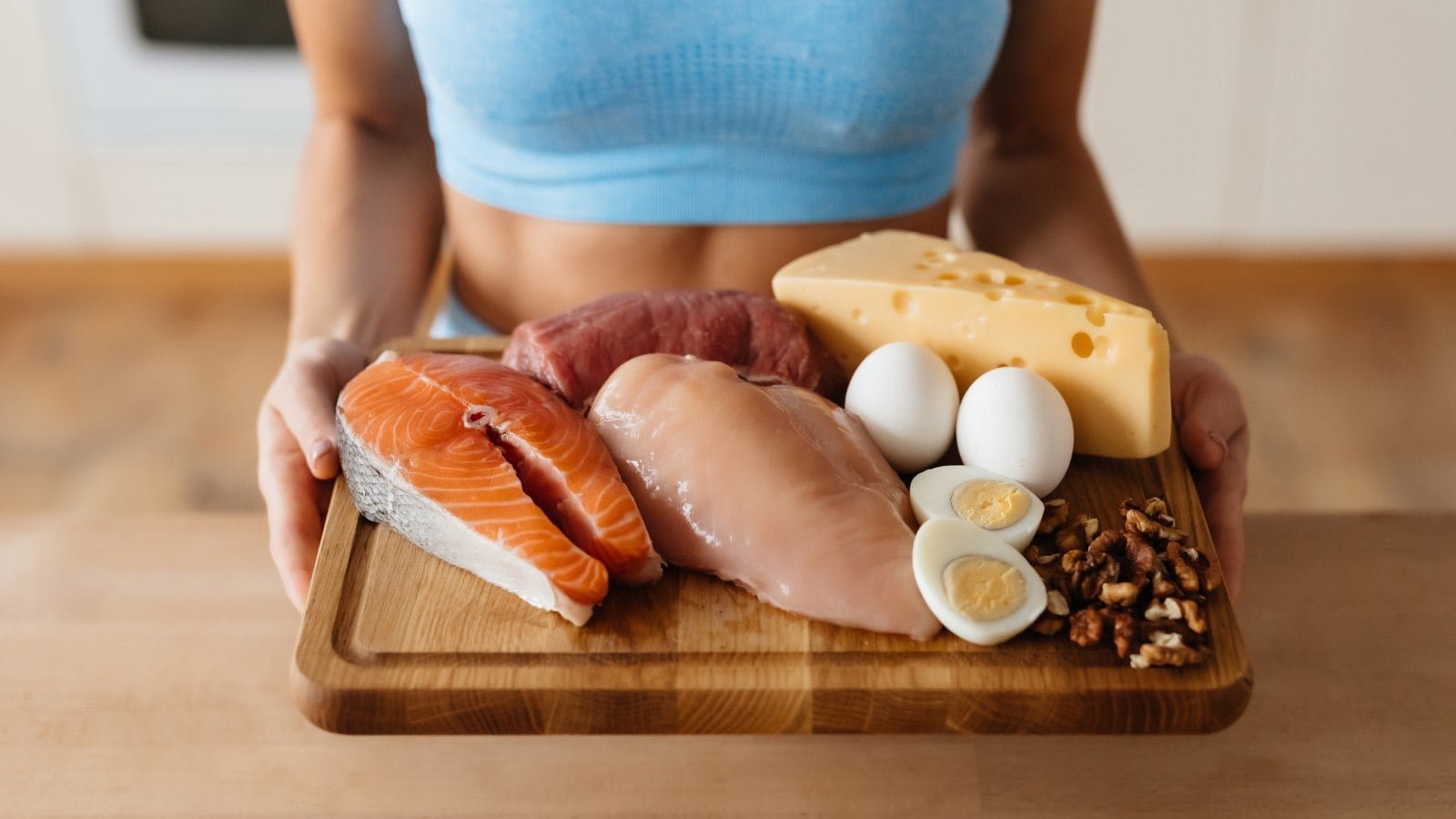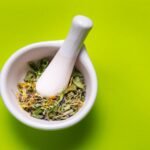Looking to boost your winter nutrition? Add these best 10 protein-rich foods to keep you full, warm, and energized.
Have you ever wondered why you feel hungrier, sleepier, and a little low on energy during winter? One big reason is that your body works harder to stay warm, and that is where adequate protein intake daily can help! Protein does not just build muscles, but it keeps you full, supports immunity, and helps your body stay energized when the temperature drops. Yet, most of us do not get enough of it in our daily meals. However, you do not always need complicated recipes or protein powder to fulfill your daily protein requirements. Adding a few protein-rich foods to your winter diet can make a noticeable difference.
Top protein-rich foods to add to your winter diet
Here are 10 protein-rich foods that should be a part of your winter diet for weight loss, muscle gain, and energy:
1. Nuts and seeds
Nuts and seeds are some of the easiest protein-rich snacks to add to your winter diet. Almonds, peanuts, walnuts, cashews, pistachios, Brazil nuts, and even pine nuts provide steady energy and healthy fats. Seeds like chia, sesame, and flax are excellent protein sources for vegan diets. Consuming nuts regularly improves satiety, making them ideal for winter when hunger spikes. Sprinkle them over yoghurt, blend them into smoothies, or eat a small handful daily.
2. Eggs
A single hard-boiled egg gives almost 4g of protein, as per the US Department of Agriculture. Eggs help you stay full for longer, reducing unnecessary snacking throughout the day. They are a complete protein source, meaning they contain all essential amino acids your body needs. Whether eaten for breakfast or added to salads, eggs are a simple, affordable way to meet daily protein needs.
3. Dairy products
Dairy products offer high-quality protein along with calcium and vitamin D, which are especially important during winter. Milk and yoghurt help improve gut health, while cheese adds richness and protein to meals. Dietitian Vidhi Chawla recommends including moderate portions of dairy to keep your diet balanced and nutritious.
4. Beetroot
Beetroot may not be the highest-protein vegetable, but it offers more protein than many other root veggies. It also contains antioxidants that support immunity, which is especially important during winter. Adding beetroot to salads, soups, or smoothies is an easy way to increase your overall nutrient intake. According to Chawla, foods like beetroot help enhance stamina and can complement other protein-dense foods.
5. Tuna
One 171-gram serving of canned tuna contains about 50g of protein, making it one of the most filling protein foods available. It is excellent for muscle repair and ideal for people looking for a lean, high-quality protein source in winter.
6. Lean meats
Lean meats are naturally rich in protein and low in fat. Chicken and turkey help maintain muscle strength and regulate hunger. Grilled, baked, or added to soups, lean meats are versatile and nutritious.
7. Cottage cheese
A half-cup (113g) of low-fat cottage cheese contains 14g of protein, which makes up nearly 69 percent of its calorie content. It is a great evening snack, salad ingredient, or breakfast addition for winter days.

8. Roasted chickpeas
Half a cup (82g) of cooked chickpeas provides 7g of protein and 6g of fibre, according to the US Department of Agriculture. Roasted chickpeas make a warm, winter-friendly snack that keeps you full and supports digestion.
9. Tofu
An 84-gram serving of firm tofu provides 9g of protein. “It absorbs flavors well and works well in stir-fries, curries, or even grilled. For vegans, tofu is one of the most reliable sources of protein during the winter months,” says Chawla.
10. Legumes and pulses
Black-eyed peas, lentils, kidney beans, black beans, and lima beans are all rich in both fibre and protein. Pea protein isolate powders are also available for vegan diets. Regular intake of legumes improves heart health and helps maintain steady blood sugar levels, making them a winter essential.








